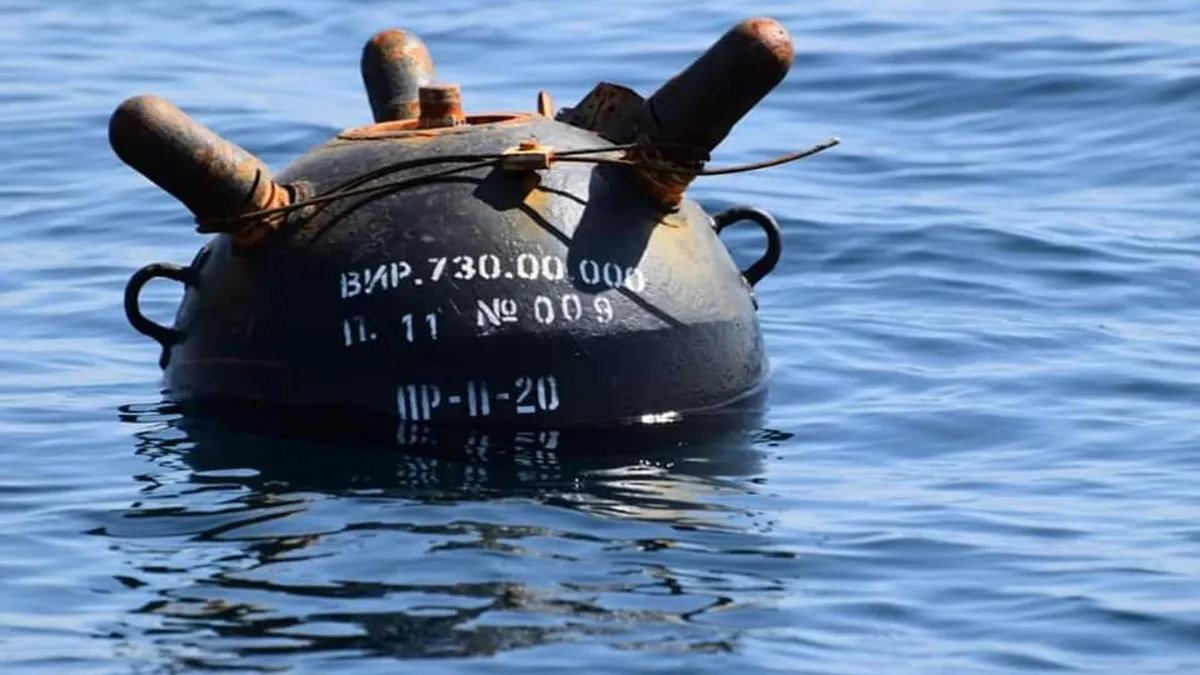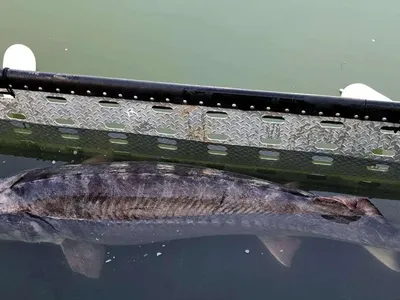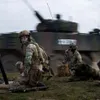The Black Sea in peril: the echoes of war ripple beyond borders


Nino Ramishvili (Georgia, Studio Monitor), Atanas Tchobanov (Bulgaria, BIRD), Oleg Oganov (Ukraine, Nikcenter), Olesia Boreiko (Ukraine, Nikcenter), Sukru Oktay Kilic (Turkey, Fayn Studio), Vitalie Călugăreanu (Moldova), Cătălin Prisacariu (Romania), Investigative Media Lab
On the night of June 6, 2023, the Russian military blasted Ukraine's Nova Kakhovka hydroelectric power plant in a grotesque act of military desperation. The act classified as an "ecocide" has pushed the limits of the region's ecological resilience. The resulting surge of poisoned water unleashed an ecological catastrophe upon the Black Sea, already choking from wartime neglect.
In an extraordinary collaboration, investigative journalists from six Black Sea countries – Ukraine, Georgia, Turkey, Romania, Moldova, and Bulgaria – have come together to measure the impact of the war on the already fragile ecosystem of the Black Sea and scrutinize how governments are responding to this new regional challenge.
Kakhovka Dam
Soon after the blast of the Kakhovka Dam, Ukraine hosted a conference with the help of local and international scientists to discuss the impact of the eco-terrorist act on the ecology and economy of the Northern Black Sea region. Experts agreed on one thing: the effect was devastating.
"Climate change in the affected area has been provoked due to an increase in open land areas and a decrease in the water surface area", says Marina Zakharova, an Institute of Soil Science and Agro-chemistry (Ukraine) researcher.
Members of the International Working Group on the Environmental Consequences of the War have also visited Ukraine after the blast.
"Russia's invasion of Ukraine has demonstrated the gravity of crimes against the environment throughout the war", said Vice President of the European Parliament, Heidi Gautala.
According to Alfred Vespremeanu, PhD professor of physical geography and a specialist in coastal research at the University of Bucharest, the destruction of the Ukrainian Nova Kakhovka dam produced an exceptional flood wave "that carried a lot of debris collected on its way to the Black Sea".
Fishermen's plight: an economic and cultural setback
The same story surfaces from Turkey's tight-knit fishing villages to the battered harbors of Ukraine: the sea that once promised prosperity now teems with danger.
Drifting mines maim vessels and livelihoods, turning fishing grounds into a deadly lottery.
"Everything is mined", says Oleksandr Hromovyi, for whom fishing was the only source of income. Since February 24, 2022, Oleksandr's family, like many others in Black Sea countries, has been left without a single source of income.
In March 2022, just a month after Russia's full-scale invasion of Ukraine, Turkish authorities issued a ban on all fishery activities in Kirklareli's coastal town of Igneada, located just five kilometers south of the Mutludere River, which forms Turkey's border with Bulgaria. That was the highest season for fishermen, and the ban lasted a month and a half.
"The ban has been lifted, but we're still afraid to seal on the sea in the dark because no way our vessels can survive if hit by a drifting mine," – Says Ibrahim Metin, the former head of the Igneada fishery cooperative.
That happened two times in Turkey: 1. On November 9, 2022, a fishing vessel hit a mine off the coast of Igneada, near Bulgaria, sustaining minor damage but the crew was safe; 2. On October 5, 2023, a Turkish-flagged general cargo ship hit a mine off the coast of Romania. This one also sustained minor damage with no injuries to the crew.
Dolphins' Demise
Following the war, thousands of dolphins died in the Black Sea since dolphins are "susceptible to chemical and noise pollution", according to experts.
According to the Head of the Scientific Department of the Tuzly Estuaries Nature Park (Ukraine), even two weeks before Russia's full-scale invasion, there were already a lot of Russian submarines and ships in that part of the Black Sea.
"They came very close at night, using sonar systems on submarines and warships that hit dolphins," – Says Rusev.
According to ecologists, active hostilities cause the most significant damage to marine organisms and the sea in general.
No data, no studies
The pollution of the Black Sea caused by Russia's war in Ukraine is a subject that scientists in the region have barely touched on. Despite the many attempts by the investigative teams from all the countries, they couldn't find any highly significant study or data that would demonstrate the war's effect on the whole region.
However, the Romanian team has obtained scientifically collected data on water quality in the Romanian sector of the Black Sea. These data are contained in the reports on the state of the marine and coastal environment in the Romanian sector of the Black Sea for 2021 and 2022 prepared by the National Institute for Marine Research and Development "Grigore Antipa" in Constanta.
Comparative analysis of the two reports shows extraordinary differences in some parameters. Differences are so significant that they can only be explained by an exceptional event that affected the quality of Black Sea water. And Russia's war in Ukraine is the most probably that exceptional event.
Government indifference and non-existent regional cooperation
"There's no strong political will to protect the Black Sea" – that's how Nesrin Algan, a political science professor specializing in urban, environmental, and local government, answered the question asked by our Turkish team.
In conclusion, the original working hypothesis of the investigation was confirmed – environmental policies of the Black Sea region states have generally been weak and lack clear objectives, which has contributed to the fragility of the Black Sea ecosystem and the regional cooperation in addressing environmental challenges, such as pollution, has been inadequate due to the absence of a systemic framework and coordinated efforts.
The ecological catastrophe described above needs regional joint coordination. However, such steps still needed to be taken. In 1992, Turkey, Romania, Ukraine, Georgia, and the Russian Federation signed the convention on the protection of the Black Sea Against Pollution. The document was ratified in 1994. The Black Sea commision’s objective is to prevent, reduce, and control the pollution in the Black Sea to protect and preserve the marine environment and provide a legal framework for cooperation and concerted actions to fulfill this obligation.
But this convention is not implemented. Only three people are working at the secretariat based in Istanbul, Turkey. Even the war in the Black Sea couldn't persuade the governments of Georgia, Romania, Moldova, Turkey, and Bulgaria to take further measures.
______________________________
This article was developed with the support of Journalismfund Europe.

























